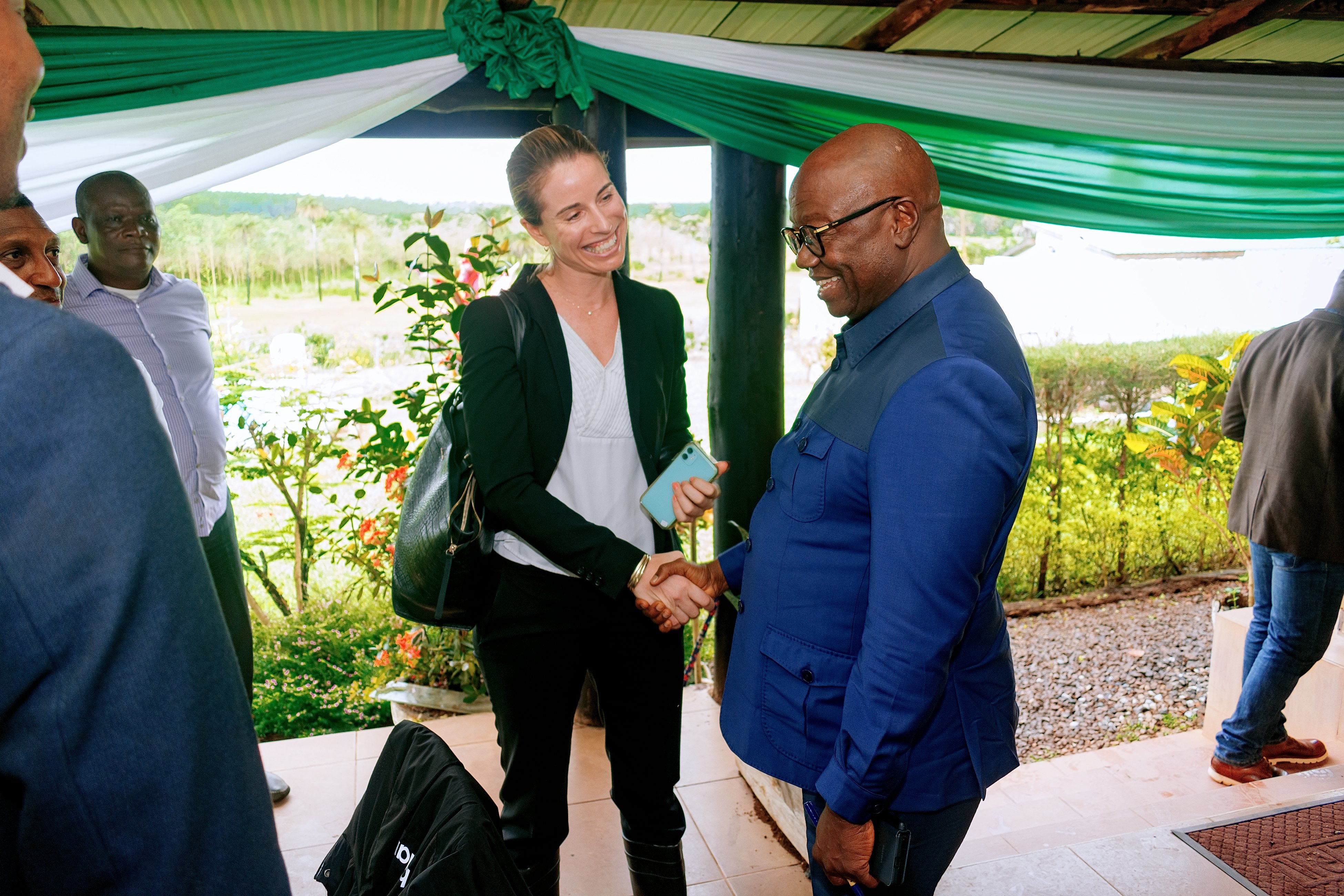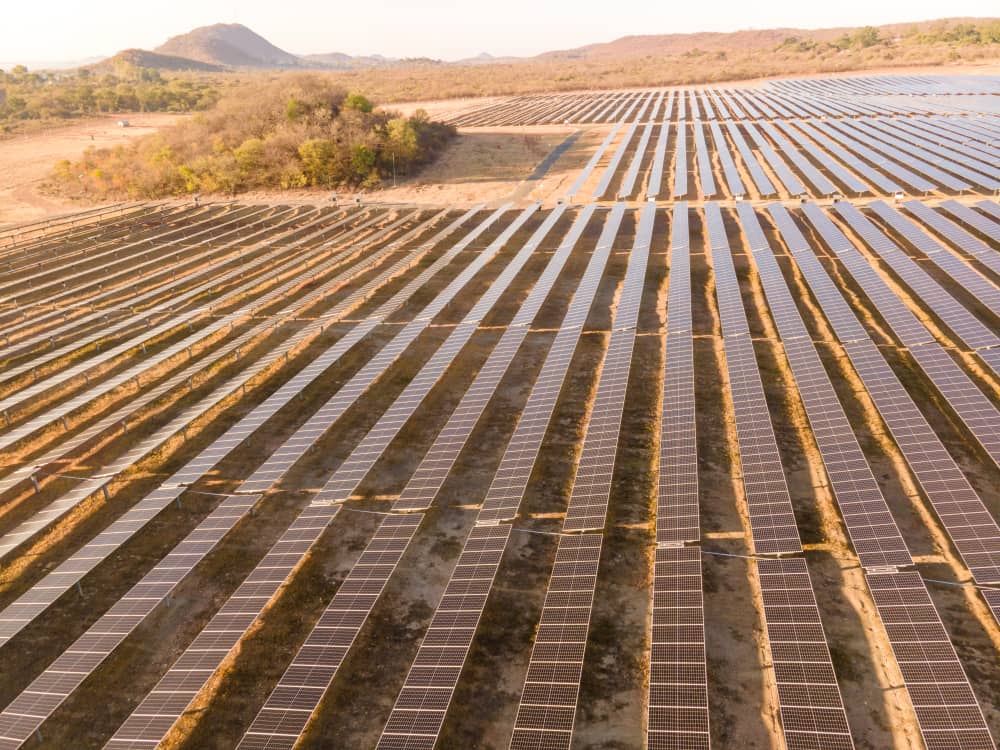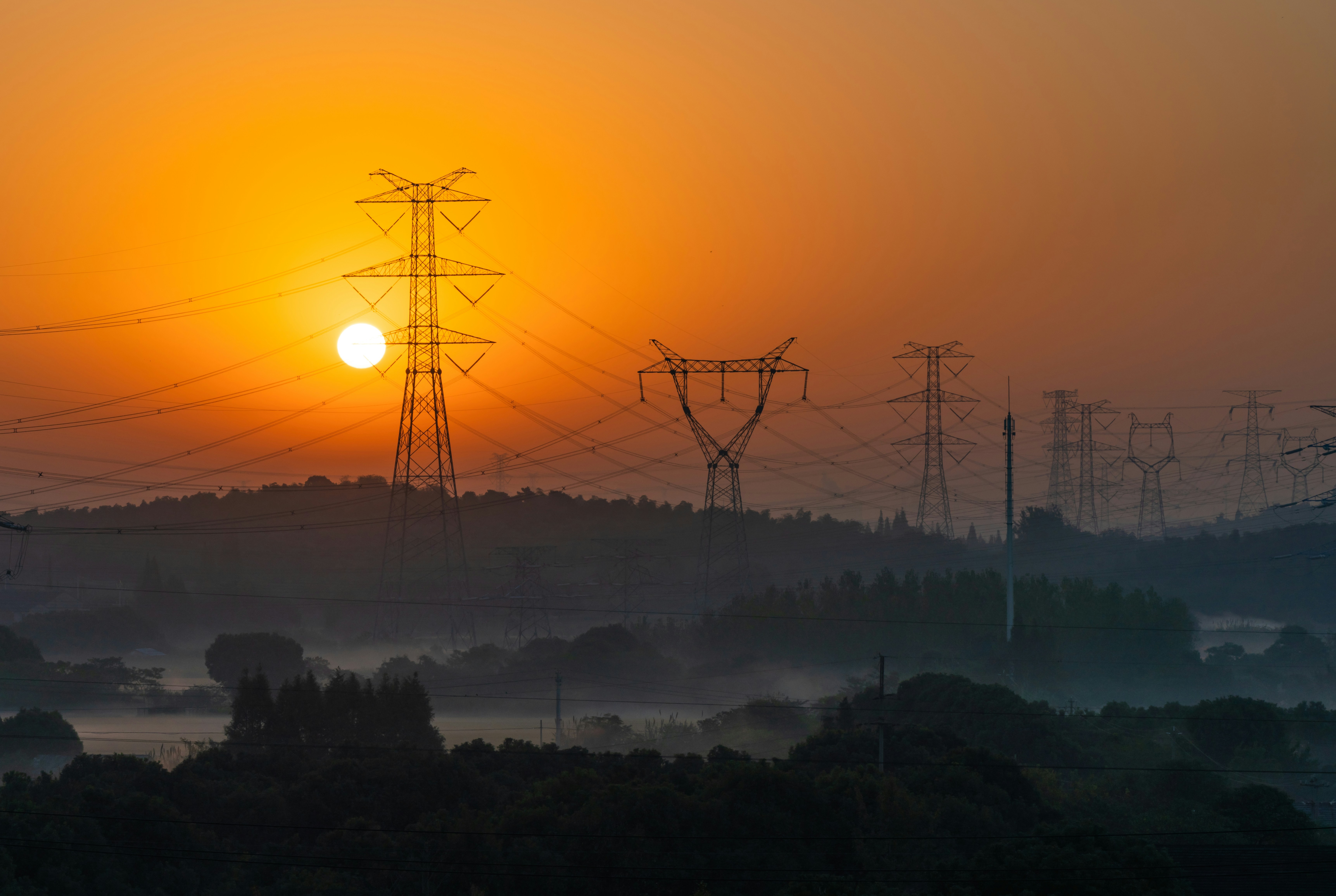
Africa can industrialize on a clean pathway if energy regulators choose the right building blocks
As the Africa Energy Indaba takes place in Cape Town this week, professionals, government, and regulators are gathered to discuss and debate solutions to providing affordable and reliable energy on the continent. To ensure adequate energy provision for commercial and industrial customers, energy sector leaders need to use the right regulatory building blocks.
A recent white paper released by the CrossBoundary Energy outlines the status of integration of these distributed energy solutions into previously centralized electricity markets. It focuses on the foundational role energy policy and regulation have in Africa’s energy transition.
“Creating an environment that enables distributed energy resources (DERs) for industry would accelerate green industrialization on the continent,” said Tessa Lee, Chief Regulatory Officer at CrossBoundary Energy. Lee spoke at the African Forum for Utility Regulators (AFUR) 20th Annual Conference during the Africa Energy Indaba, under the theme “Opening public services to private sector participation – a challenge to regulation”. The CrossBoundary Energy session discussed different stages of integration of DERs across the continent and used CrossBoundary Energy’s transaction-based experience to explore how regulators can maximize the benefits of DERs while mitigating any risks. The session was based on the white paper recently released by the firm.
“Reliable, affordable power is a must for energy-heavy industrial sectors like cement, steel, and mining, which are crucial building blocks for economic growth. Yet regulation in Africa has typically not caught up with the reality that this kind of power is often best provided by private, renewable, on-site generation,” said Henry Carr, Senior Policy Manager at CrossBoundary Energy, while presenting at the AFUR event.
In Africa, privately owned diesel generators make up 135GW of power, about twice the regional grid capacity. This costs businesses heavily in energy expenditure and greenhouse gas emissions. Energy regulation that encourages the adoption of clean DER technology, such as solar PV or wind energy, could significantly reduce reliance on diesel generators. Despite these benefits, several governments have restricted the adoption of these technologies and effectively prevented their rollout.
Other countries are further along in their understanding of how to approach these kinds of projects. “We are seeing some great progress in countries like Kenya, Tanzania, Sierra Leone, and Madagascar, as they cautiously start to remove institutional barriers to distributed energy,” said Carr. “However, there is still a huge opportunity to streamline licensing frameworks and to use better data to study the network and sector. If regulators approach this work in tandem with the private sector, clean industrialization in Africa will accelerate at pace.”
“Maximizing the benefits of distributed renewable energy rests on using the right regulatory tool for the right problem and at the right time. CrossBoundary Energy welcomes the opportunity to share our experience with energy leaders to help build the grid of the future,” Lee concluded at the AFUR event.
The white paper is available for free download here.


